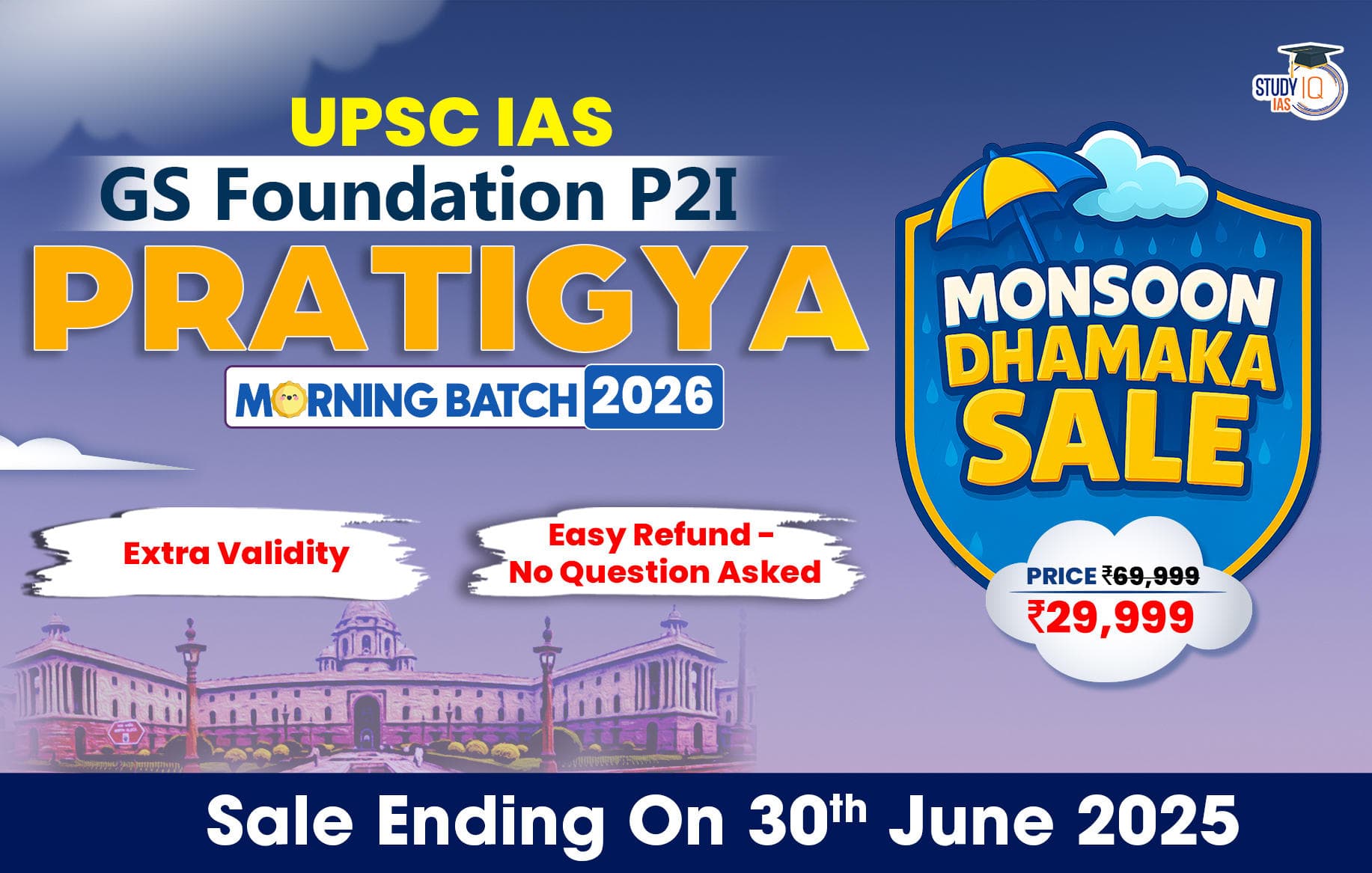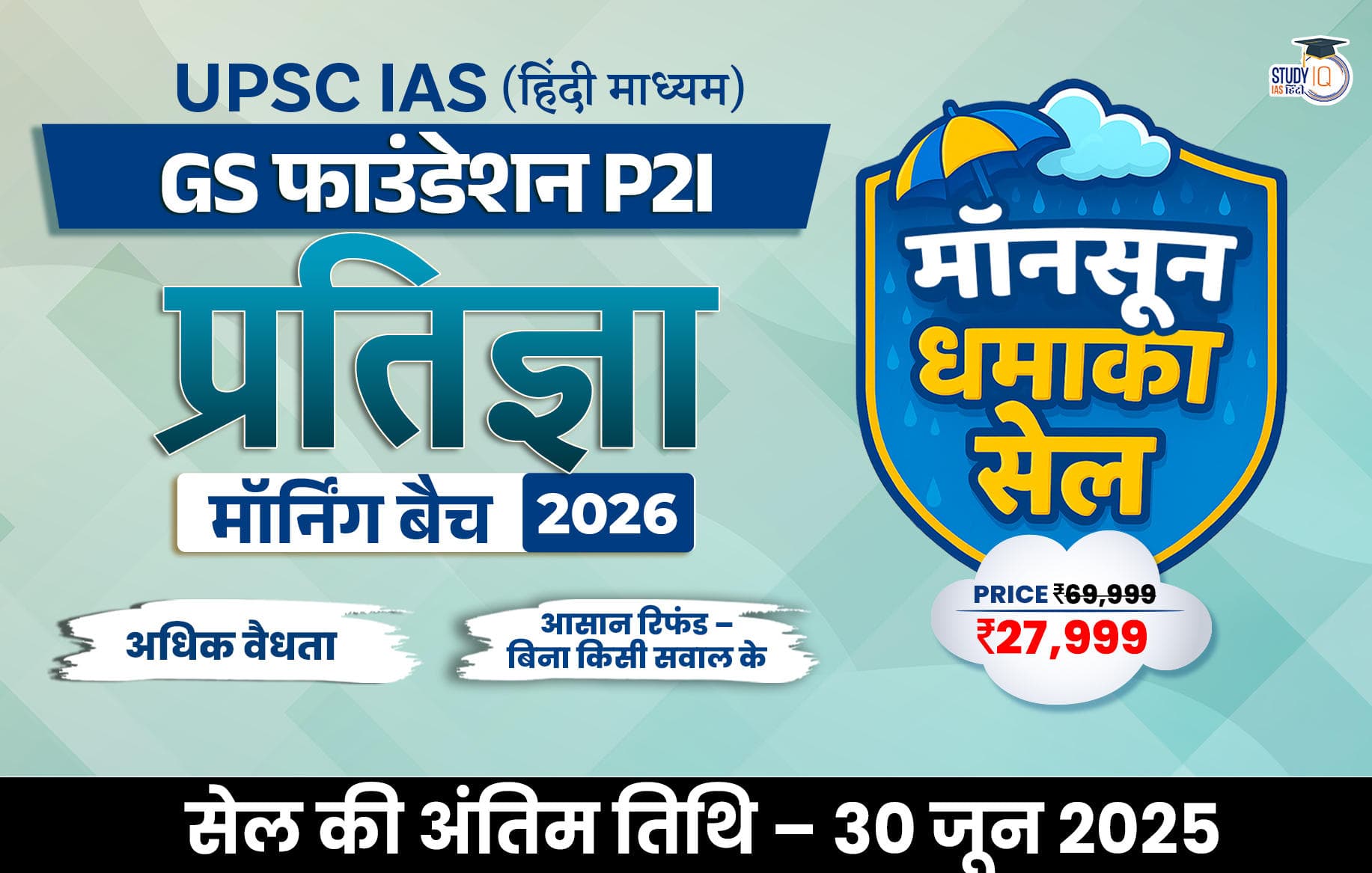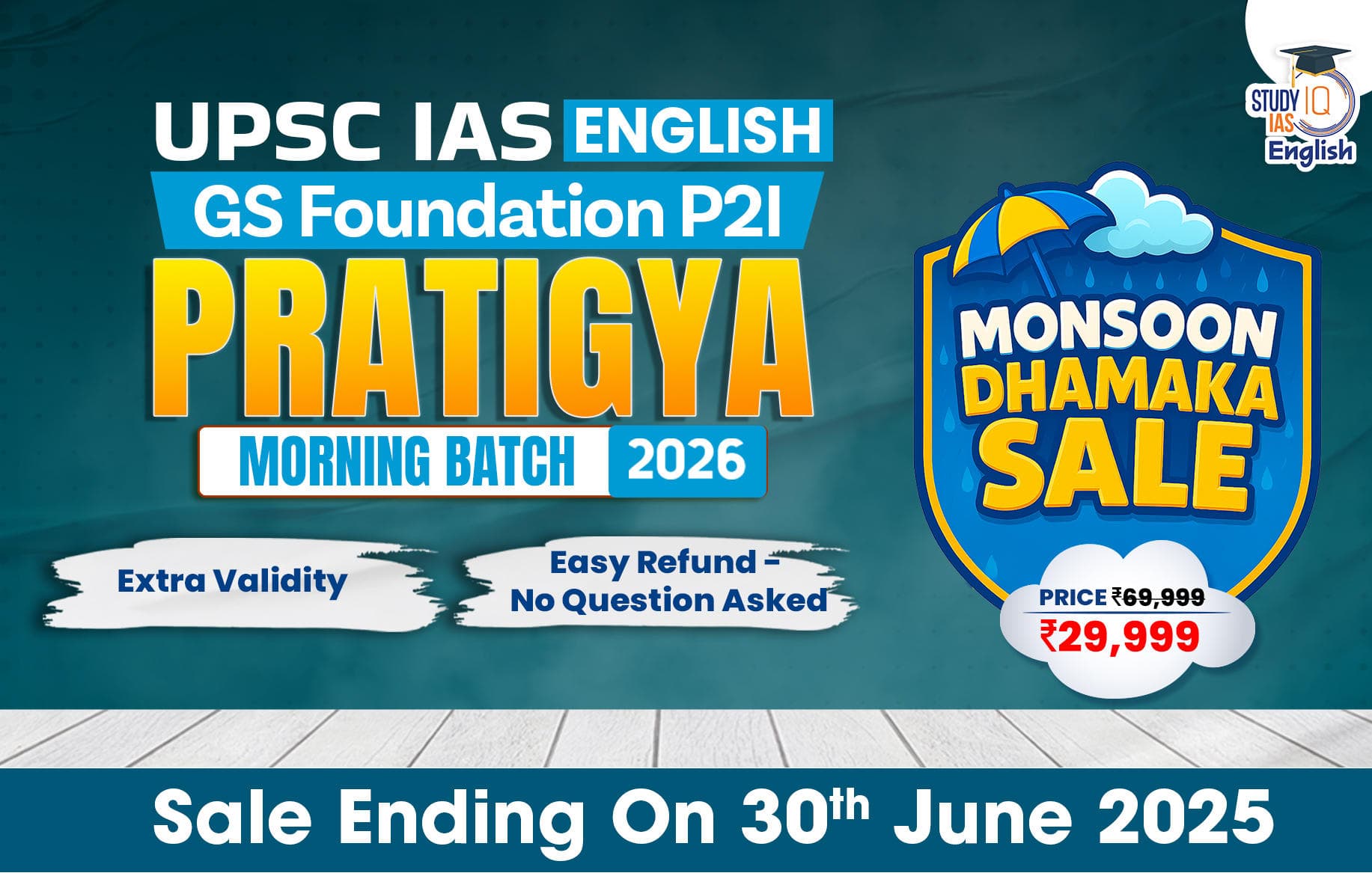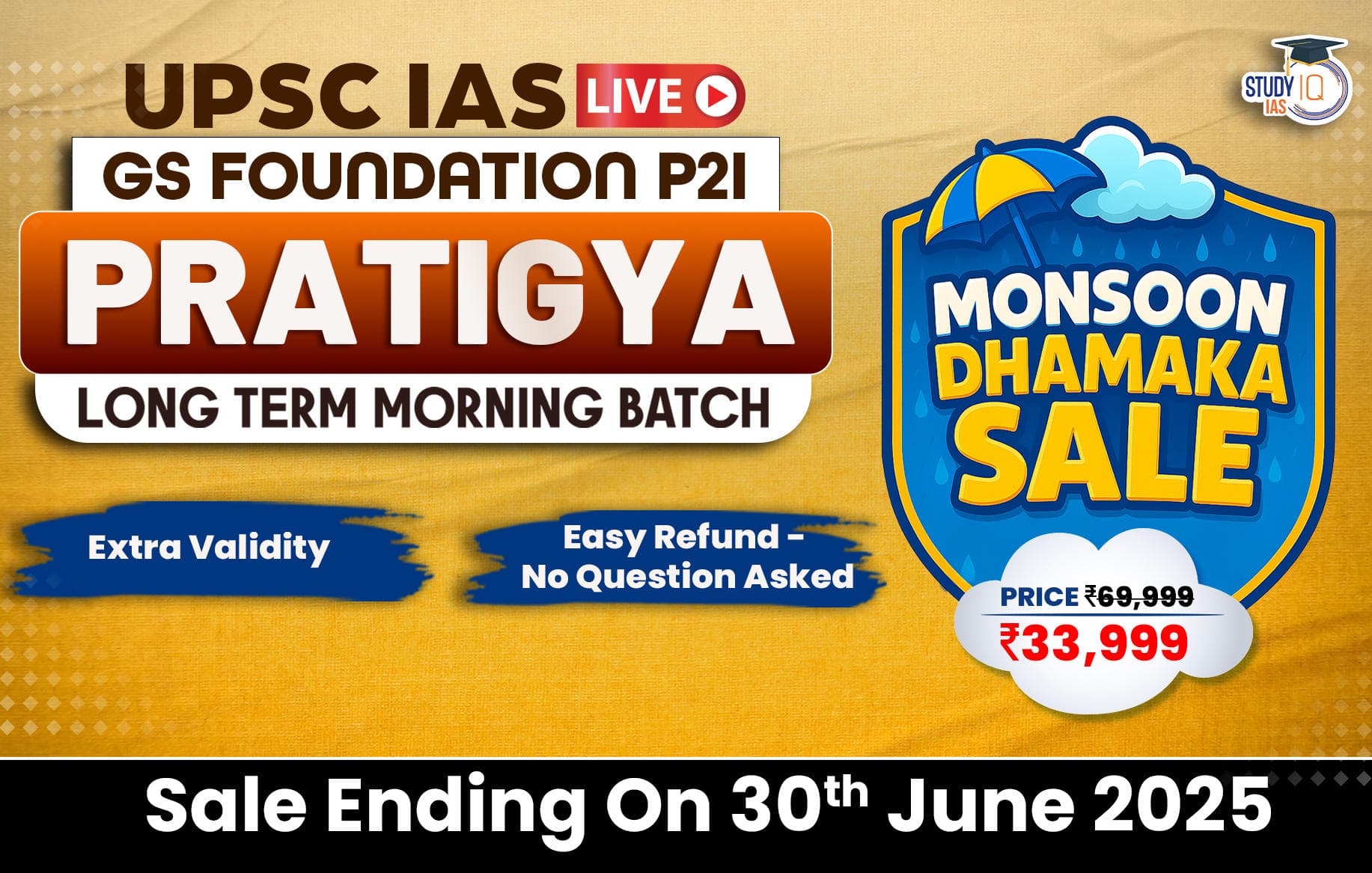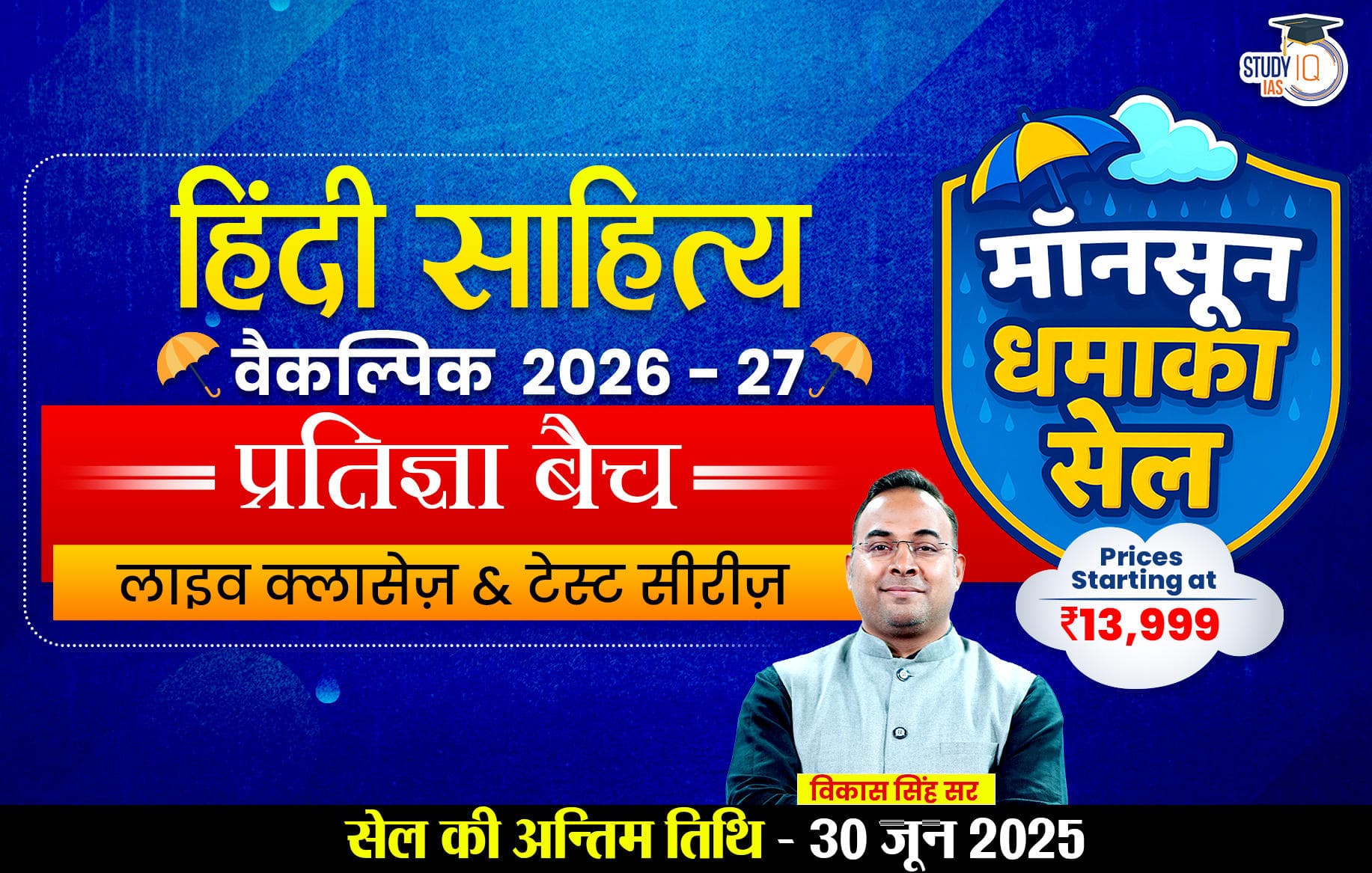Table of Contents
Context: The Election Commission of India (ECI) emphasised in its report on the Model Code of Conduct (MCC) that star campaigners should set positive examples and not disrupt societal harmony. This has sparked a debate about the ECI’s authority to address MCC violations.
Registered Political Parties in India
India’s political landscape is complex and diverse, characterized by a multitude of political parties at both the national and regional levels. These parties reflect India’s vast diversity in terms of ideology, regional interests, and social compositions, shaping the country’s political dynamics through their varied approaches to governance and policy-making.
- Requirements for Registration:
- Section 29A of the Representation of the People Act, 1951 (RP Act) specifies the criteria for a political party to register with the ECI.
- A political party must submit its memorandum/constitution declaring allegiance to the Constitution of India, principles of socialism, secularism, and democracy, and uphold the country’s sovereignty, unity, and integrity.
- Benefits of Registration:
- Registered political parties receive tax exemptions for donations under Section 13A of the Income Tax Act, 1961.
- They are allotted a common symbol for elections to the Lok Sabha/State Assemblies.
- They can have twenty ‘star campaigners’ during election campaigns.
- There are currently 2,790 active registered political parties in India.
| What are Star Campaigners? |
|
What are Recognised Parties?
- Registered parties are referred to as Registered Unrecognised Political Parties (RUPPs).
- Parties are recognized as ‘national’ or ‘State’ parties based on The Election Symbols (Reservation and Allotment) Order, 1968 (Symbols Order).
- Recognition criteria include winning a requisite number of seats or obtaining a required percentage of votes in general elections.
- There are six ‘national’ parties and sixty-one ‘State’ parties recognized by the ECI.
- Additional Benefits:
- Recognized parties have a reserved symbol during elections.
- They are allowed forty ‘star campaigners’ during election campaigns.
| Registered Unrecognized Political Parties (RUPPs) |
|
Criteria for Becoming a State and National Party
Indian Political Parties are classified into two main categories: national parties and state (regional) parties. Additionally, there are numerous registered unrecognized political parties.
| Category | Criteria |
| State Party |
OR
OR
|
| National Party |
OR
OR
|
Issues Related to Political Parties
Participation and Compliance
- Less than one-third of RUPPs contest elections.
- The RP Act does not explicitly grant the ECI the power to de-register parties that fail to contest elections, hold internal elections, or submit required returns.
- The Supreme Court in the Indian National Congress versus the Institute of Social Welfare & Ors (2002) ruled that the ECI cannot de-register political parties under the RP Act except in exceptional cases like fraud, lack of allegiance to the Constitution, or being declared unlawful by the Government.
- Non-participating RUPPs raise concerns about misuse of income tax exemptions and potential money laundering through collected donations.
MCC Violations
- The MCC prohibits using caste and communal sentiments for votes, bribery, and voter intimidation.
- Recognized parties have violated the MCC, with the ECI usually imposing short bans on leaders’ campaigns as a response.
Recommendations
Amendments for De-registration
- The ECI, in its 2016 memorandum on electoral reforms, suggested amendments to empower it to de-register parties.
- The Law Commission’s 255th report (2015) on ‘Electoral reforms’ recommended allowing the de-registration of parties that fail to contest elections for 10 consecutive years.
Enforcement of MCC
- Under Paragraph 16A of the Symbols Order, the ECI can suspend or withdraw the recognition of a party for not adhering to the MCC or the Commission’s lawful directions.
- This power has been exercised minimally, with a notable instance in 2015 when the recognition of the National People’s Party was suspended for three weeks for non-compliance.
- Stricter enforcement of this provision could ensure better adherence to the MCC

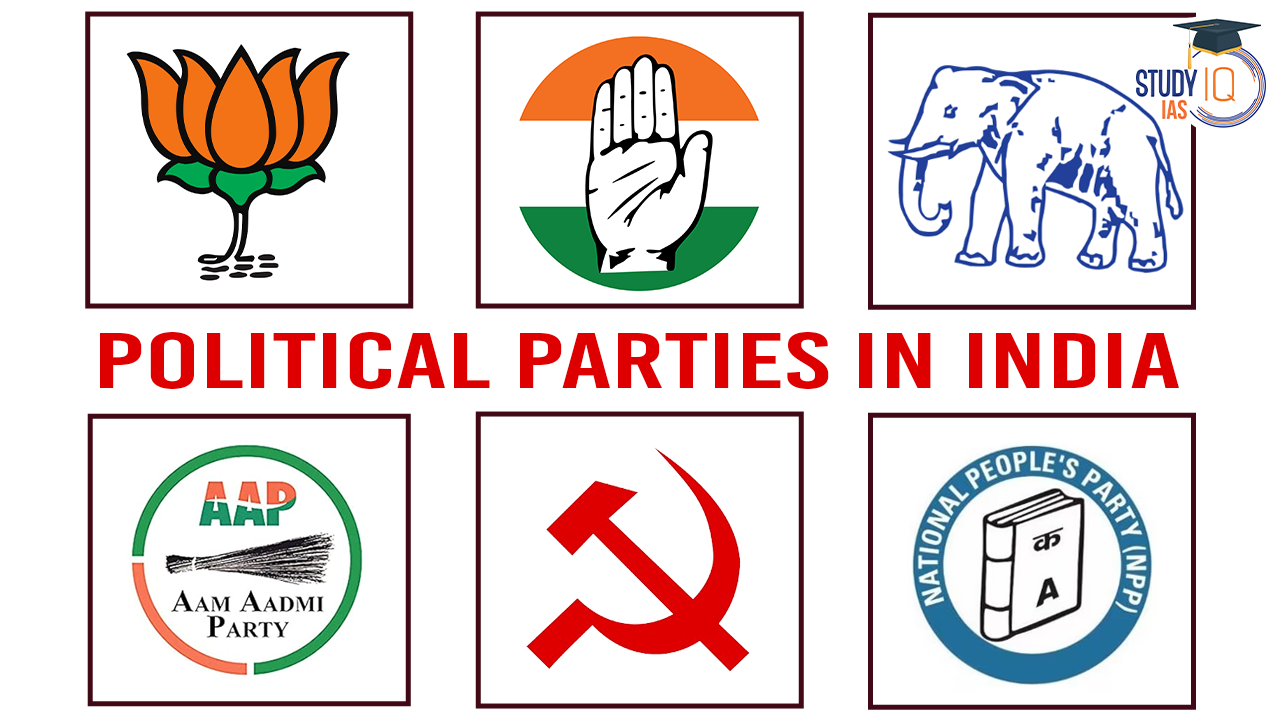
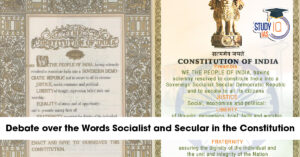 Indian Secularism: Constitutional Provis...
Indian Secularism: Constitutional Provis...
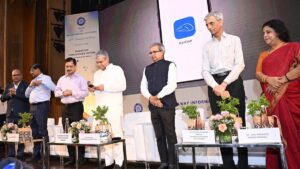 RailOne App: Indian Railways Launches Al...
RailOne App: Indian Railways Launches Al...
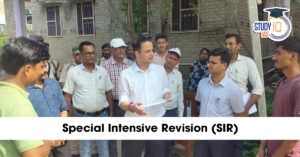 Special Intensive Revision (SIR) of Elec...
Special Intensive Revision (SIR) of Elec...

